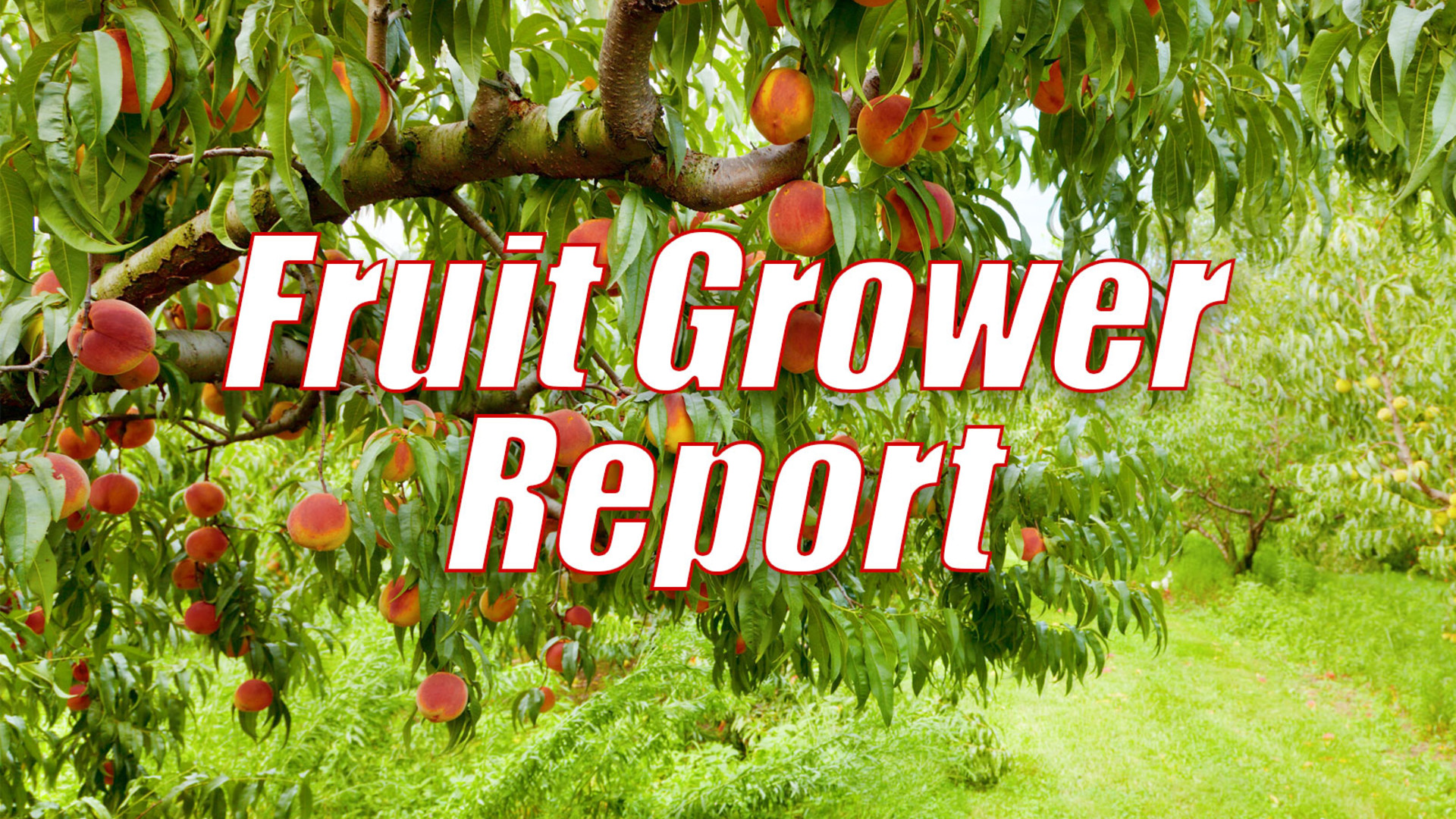Biological Control for Colorado
Biological Control. I'm Greg Martin with today's Fruit Grower Report.A tiny wasp might be the solution to a potentially massive problem. Betsy Beers, Entomologist with WSU says the discovery of two populations of the parasitic wasp was both fortuitous and planned.
BEERS: Yes in the sense that entomologists actually did foreign exploration to go find this in its native range of Asia and put it into a quarantine facility or multiple quarantine facilities in the U.S. but no in the sense that this was probably, the ones that we found in the wild were probably accidental introductions introduced the same way that brown marmorated stink bug was.
Entomologists are excited about the find since it's a very natural way to control the brown marinated stink bug populations.
BEERS: What this wasp does is to most people a little bit like what happened in Aliens. For most viewers that was a fairly horrific thing but for an entomologist that's just an ordinary day for us. So what this little wasp does is the female lays her egg directly into the egg of the stink bug. Then instead of producing a stink bug this egg will now produce a tiny little wasp.
These parasitic wasps are only about the size of a printed comma.
BEERS: Only in the most general sense is this called a wasp. These wasps are strictly parasitoid and the only thing they will sting is an insect so they are no danger to people at all.
That's today's Fruit Grower Report. I'm Greg Martin on the Ag Information Network of the West.














